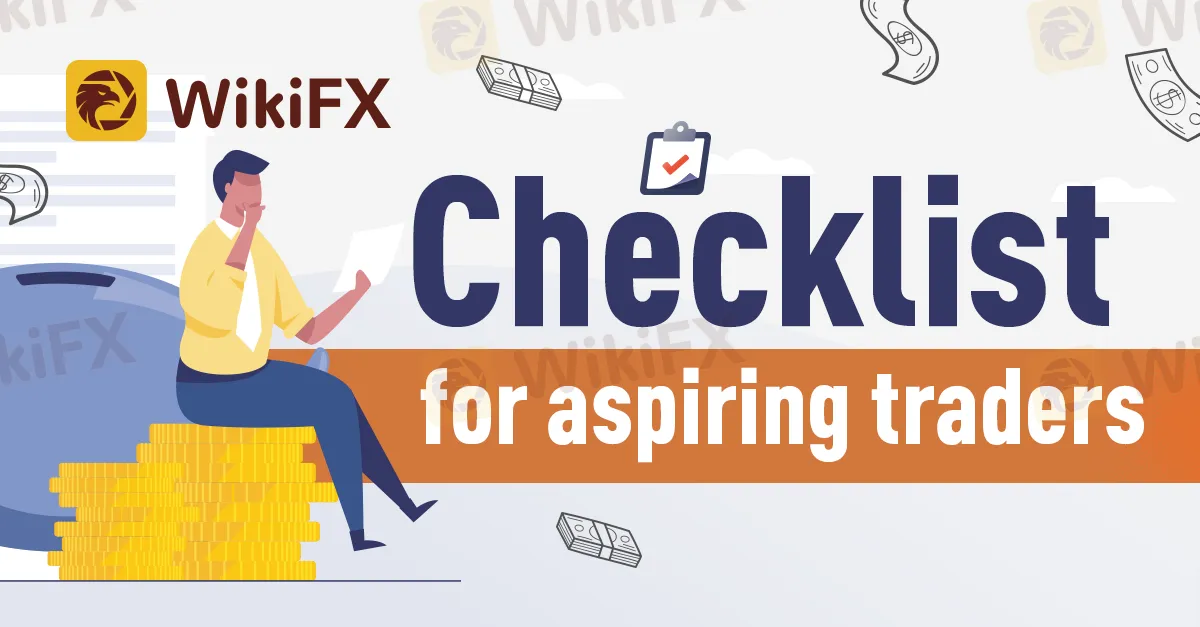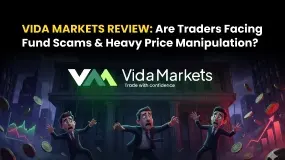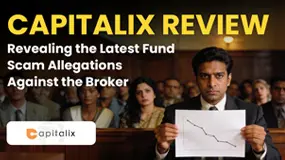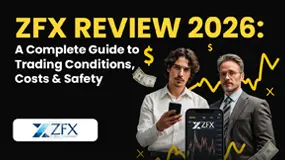Abstract:"Unfortunately, many people who fall prey to trading scams are new traders, the elderly, or those who are struggling financially," explains Dany Mawas, regional director at Infinox, a worldwide CFDs trading broker that just launched its IX Social mobile app in Africa. Mawas presents a checklist that may assist potential traders in avoiding scams.

“Unfortunately, many people who fall prey to trading scams are new traders, the elderly, or those who are struggling financially,” explains Dany Mawas, regional director at Infinox, a worldwide CFDs trading broker that just launched its IX Social mobile app in Africa. Mawas presents a checklist that may assist potential traders in avoiding scams.
Do your homework.
Finding the right broker as a novice investor might be difficult. When looking for the cheapest online trading platform in South Africa, be cautious and seek for reliable, validated sources of information. Spend some time doing general internet searches, reading customer reviews, and reading media stories to have a better understanding of the broker you're dealing with as well as other clients' perspectives.
Check to see if the broker is regulated.
Brokers must register with a regulation in each country where they do business. As a result, it's critical to be sure the broker you pick is regulated by a government agency. The Financial Sector Conduct Authority (FSCA) in South Africa and the Financial Conduct Authority in the United Kingdom are two examples of renowned regulatory entities (FCA).
Visit the broker's website for more information.
Another advantage of broker regulation is that it requires brokers to be transparent in order for traders to make the best selections possible. One example of transparency is disclosing the number of traders who have lost money with a broker on a percentage basis.
It's also a good idea to double-check that the broker has a physical address. Although brokers operate their companies entirely online, having a physical site demonstrates their dedication to their company, their personnel, and, eventually, their clients.
Be aware of brokers that make it too simple to create accounts, deposit money, trade, and receive returns, especially if there is no “paper trail.” Legitimate brokers will want verified confirmation of identification as well as other personal details such as bank account information, proof of address, tax number, and so on.
Be cautious when using social media.
According to a research by TradeForexSA, which bills itself as “South Africa's number one guide to forex trading,” 50 percent of scam victims are found on social networking networks. The survey analyzed over 400 replies and found that fraudsters and unscrupulous brokers frequent Facebook and Instagram, with the greatest recorded theft totaling approximately R650,000 and victims losing an average of R12,000 per.
According to the survey, 34.2 percent of the frauds started on Facebook, and 19.6 percent on Instagram. Individuals duped 47 percent of victims, and almost 20 percent of victims paid their fraudsters in Bitcoin. JP Markets, a platform that was placed under final liquidation by the Gauteng High Court after the FSCA filed an urgent application to liquidate the organization and freeze its bank accounts for not paying out client withdrawals, not posting client deposits to their trading accounts, and manipulating data feeds, received 13% of all broker complaints.
Are there any safeguards in place?
One of the most crucial services provided by a broker is withdrawals and deposits. These steps should be simple and safe for you to carry out. Scammers tend to stick to the same patterns of low withdrawal restrictions and large minimum deposits.
Traders, on the other hand, should be able to deposit and withdraw funds quickly and conveniently using a client site. Brokers who work with reputable payment providers who offer minimal costs and quick transactions fulfill this purpose. It's critical to be able to access your money whenever you want. Client money must also be kept separate from operating funds and other types of investments. Furthermore, to safeguard their customers, brokers should have an insurance coverage in place.
According to Dany Mawas of Infinox, Africa is quickly becoming one of the most popular places for traders of all financial assets. “As a result, traders must be aware of online trading scams and keep attentive to avoid becoming a victim,” he concludes.
Finding a solution
If you find yourself in the hands of fraudsters, MyChargeBack.com, a global pioneer in fund recovery services, may be able to help. According to Michael Cohen, MyChargeBack's Vice President of Operations, the company has retrieved millions of dollars for clients in over 150 countries, and opened an office in South Africa last year due to “the steady rise in the number of inquiries we receive from consumers there, who have been unable to obtain refunds from merchants, from whom they purchased goods and services that were not provided as agreed.”








